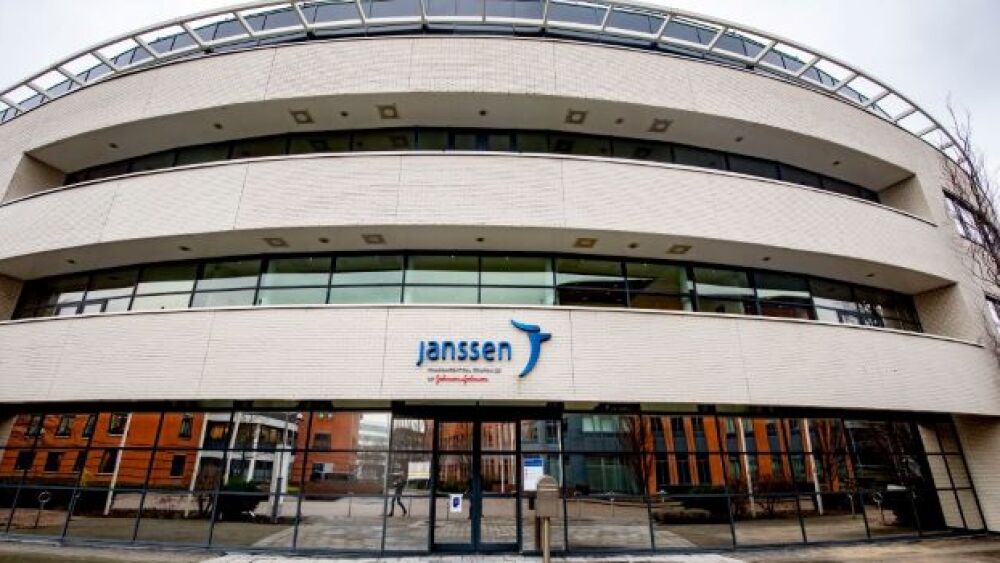Janssen Pharmaceutical, under parent organization Johnson & Johnson, secured an arbitrary win this week that results in royalty decisions stemming from licensing and marketing of daratumumab.
Courtesy of Niels Wenstedt/BSR Agency via Getty Images
Johnson & Johnson’s Janssen Pharmaceutical secured an arbitrary win regarding royalty decisions stemming from the licensing and marketing of daratumumab, an anti-CD38 monoclonal antibody treatment that has multiple indications approved by the U.S. Food and Drug Administration (FDA). The confidential arbitration was conducted by a tribunal of three earlier this week.
Two topics were discussed in this arbitration. The first is related to a licensing agreement between Janssen and Genmab. Genmab owns licensing rights to develop, manufacture and commercialize daratumumab. The decision went in favor of Janssen, detailing that while the company must pay Genmab sales royalties on the product in every country applicable until all of Genmab’s related patents expire or are invalidated, this did not extend to the Janssen-owned patent. These patents are set to expire within the next decade.
The second issue presented to arbitration was how these royalties would be shared with a third company, Halozyme Therapeutics, in reciprocity for Halozyme’s formulation of subcutaneously-administered daratumumab. Also in favor of Janssen, the decision reached will allow Janssen to continue to regulate the situation on its own by separating payments made to each company. Prior to and as a result of this arbitration, Janssen subtracts the difference of appropriate royalties paid to Halozyme from payments made to Genmab.
The antibody treatment broke ground as the first to be approved for the treatment of multiple myeloma, as well as the only approved light-chain amyloidosis treatment. The drug’s mechanism involves antibody binding with CD38 molecules, inducing an immune response and subsequent tumor cell apoptosis.
Janssen has given the drug the brand name Darzalex, with the intention for use in combination with other drugs, tailoring treatment depending on the indication. The drug is also marketed in combination with hyaluronidase-fihj as Darzalex Faspro.
In a statement regarding the FDA approval of Darzalex Faspro’s most recent multiple myeloma indication, Craig Tendler, vice president of Janssen’s late development and global medicinal affairs division said, “We are focused on the continued development of Darzalex Faspro and advancing this innovative therapy for patients who are in need of additional treatment options.” This approval was linked to the successful 37% reduction of progression or death in patients that participated in the APOLLO trial, which examined Darzalex Faspro in combination with pomalidomide and dexamethasone.
The updated Phase II GRIFFIN results were announced in late 2021, which evaluated daratumumab efficacy in patients recently diagnosed with multiple myeloma in combination with lenalidomide and dexamethasone. All study participants were confirmed to be eligible for transplantation.
To accurately discuss the outcomes of participants, the study protocol included follow-ups, the topic of Janssen’s update. These follow-ups, which were conducted at 38.6 months on average, contributed to the overall positive results. Progression-free survival in both arms was one of the key indicators of the drug’s success, along with a lack of safety concerns. The minimal residual disease negativity rate continued to stay high in comparison to patients that were dosed with lenalidomide and dexamethasone alone, who served as the control group.





